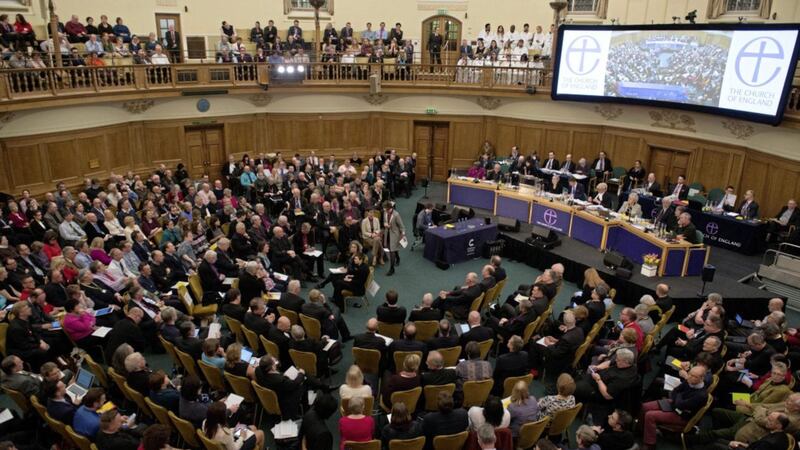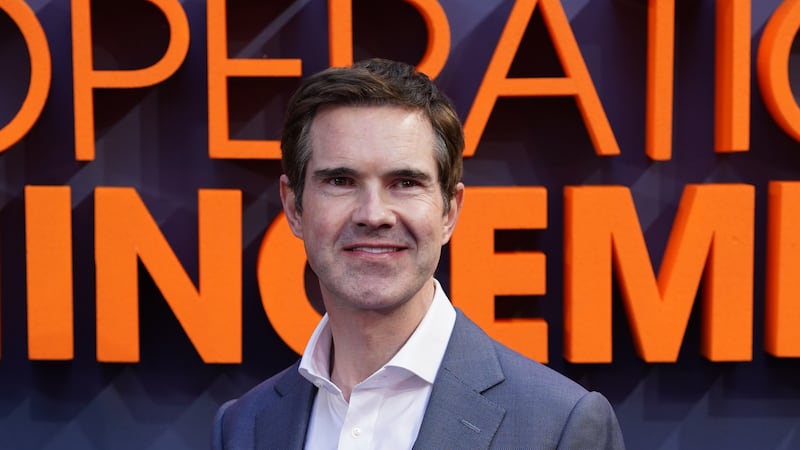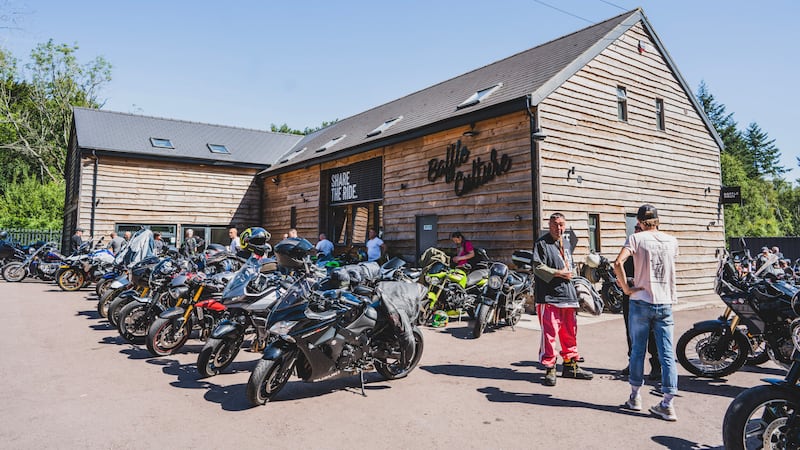CAMPAIGNERS have hailed a decision by Church of England's ruling body to throw out a controversial report on same-sex marriage as "a victory for love and equality".
The report by the House of Bishops, presented to the General Synod last week, had called for the Church to adopt a "fresh tone and culture of welcome and support" for gay people.
But it said it should not change its opposition to same-sex marriage and such unions should not be blessed.
Under the recommendations, marriage would continue as "a union, permanent and life long, of one man with one woman".
The report also urged the promotion of "maximum freedom" for gay couples within current laws and doctrines, without changing them.
More than 400 Church leaders gathered for a "take note" debate on the issue at Church Hall in Westminster, where they voted to symbolically reject the recommendations.
Peter Tatchell, who has campaigned on the issue for 50 years, said: "This vote to, in effect, reject the Bishops' report is a victory for love and equality.
"It is the biggest defeat for the Anglican leadership in many decades. Synod refused to endorse the anti-LGBT exclusion and discrimination enshrined in the Bishops' recommendations."
The debate, considered the focal point of this week's Synod, prompted impassioned speeches from members.
Lucy Gorman, a campaigner and representative from York, said: "Trust me, outside of these walls we have been heard as lacking in love.
"Most people have a friend or family member who sits somewhere on the gender sexuality spectrum - and why would they become part of an organisation which is seemingly homophobic, even if we don't intend it."
Following the vote, she said: "Thank you Synod. With that vote we've sent a message to the outside world."
Jay Greene, from Winchester, who is in a civil partnership, said congregation members want the Church to go "further, faster, forward".
She told the Synod many were "deeply disappointed" by the report and its "tone of fear".
The changes were also criticised for failing to recognise gay people's "authentic voices" in an open letter signed by 14 retired bishops.
The Archbishop of Canterbury, who urged the Synod to approve the report, said the church needed a "radical new Christian inclusion".
"The vote today is not the end of the story, nor was it intended to be," he said.
"As bishops we will think again and go on thinking, and we will seek to do better. We could hardly fail to do so in the light of what was said this afternoon."
He had considered the report to be a "good basis - a road map" for moving forward.
The report needed to gain a majority in the House of Bishops, House of Clergy and House of Laity to be approved.
A total of 242 votes were cast in favour across the three houses, with 184 against, while six people abstained.
But some 100 members of the House of Clergy voted against - compared with 93 who voted in favour and two who abstained.
The vote is not a formal rejection of the proposals but the views aired will be used to inform future work by the House of Bishops.
The Bishop of Willesden, the Rt Rev Pete Broadbent said: "In this debate, we haven't even begun to find a place where we can coalesce.
"The bishops' report acknowledges a place of starting. More conversation is needed. We don't yet know the next stage - nor yet when and whether we can bring any further report to Synod."








